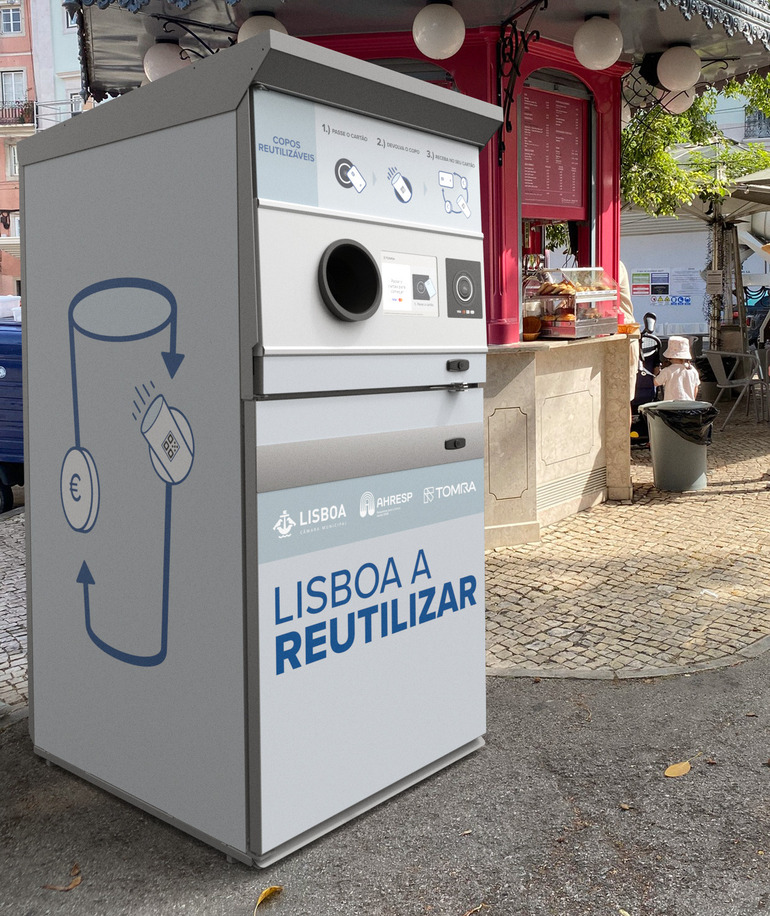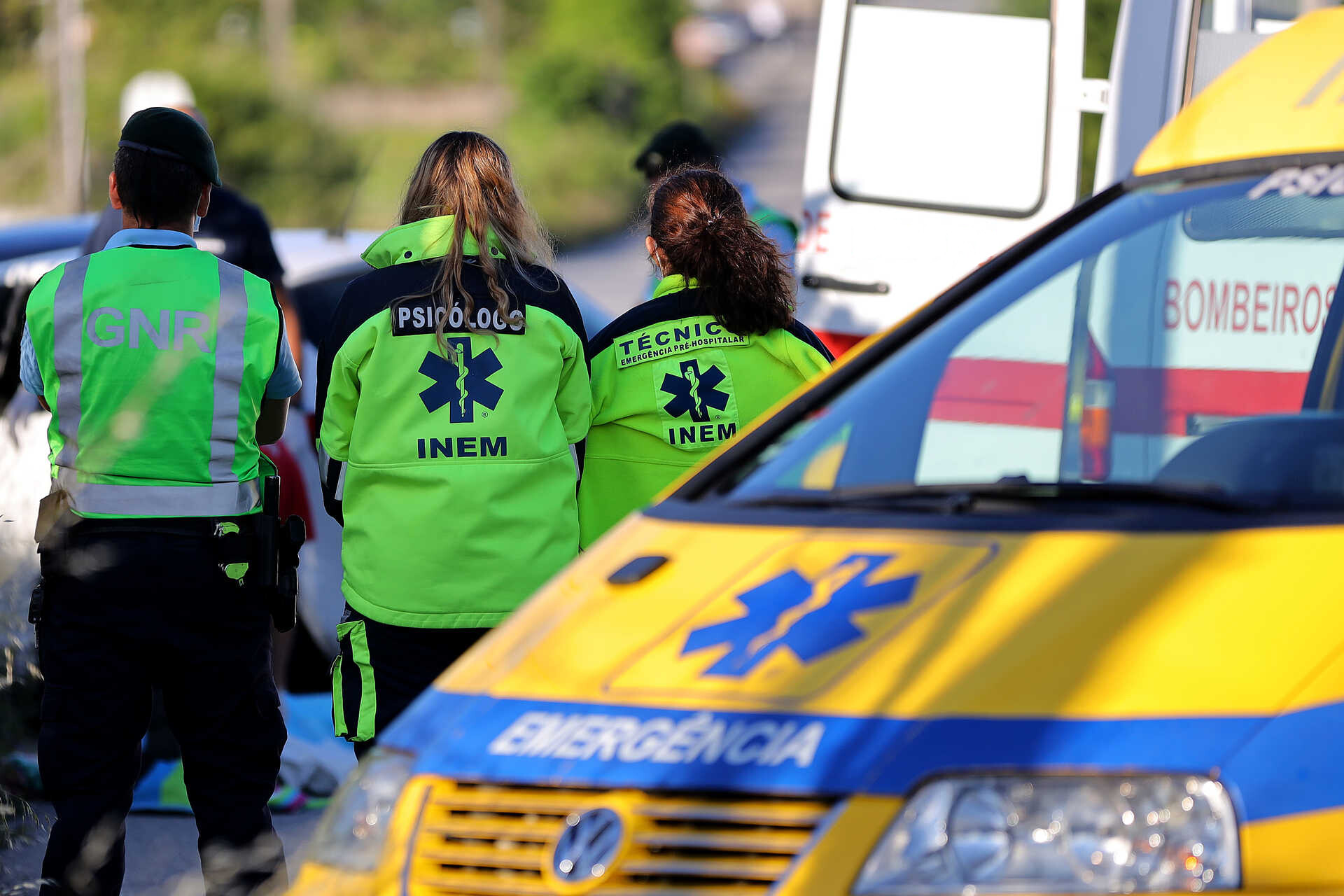A recent study by the National Health Institute Ricardo Jorge has uncovered concerning findings about the microbiological quality of street food in Lisbon.
- 43% of the sampled street food showed unsatisfactory microbiological quality, with 2.6% deemed potentially hazardous to public health.
- The research, published in the Epidemiological Bulletin Observations, aimed to assess the safety of ready-to-eat street food across Lisbon's metropolitan area.
- 118 unique food samples were collected from 39 vendors in seven districts of Lisbon between March 2019 and December 2022.
Key findings include:
- 29.7% of samples were satisfactory, while 24.6% were questionable.
- The most common issues were linked to improper washing of raw vegetables, inadequate storage temperatures, and poor time control.
- Three samples of chicken coxinhas were flagged as potentially dangerous, highlighting risks even in fully cooked foods due to extensive handling.
The study calls for:
- Enhanced hygiene practices among street food vendors.
- Regular training for food handlers.
- Implementation of self-control programs to ensure food safety.
Between 2019 and 2023, the European Food Safety Authority reported 721 outbreaks linked to food vendors, resulting in 10,871 illness cases. Common culprits included Salmonella spp, Staphylococcus aureus, and Clostridium perfringens.























Comments
Join Our Community
Sign up to share your thoughts, engage with others, and become part of our growing community.
No comments yet
Be the first to share your thoughts and start the conversation!